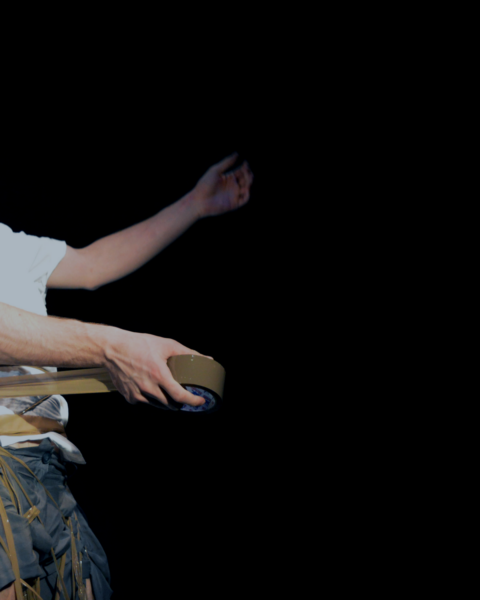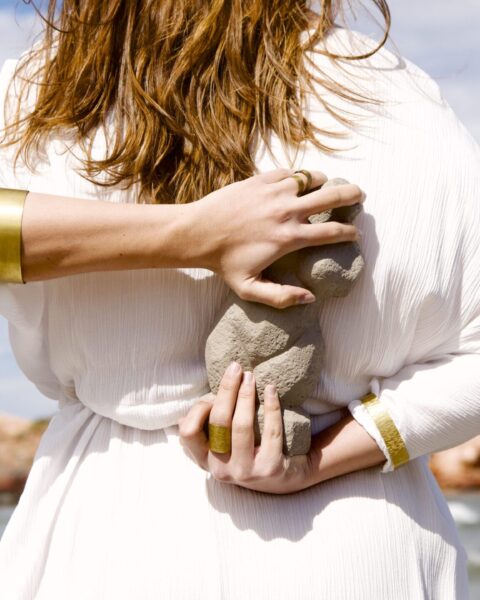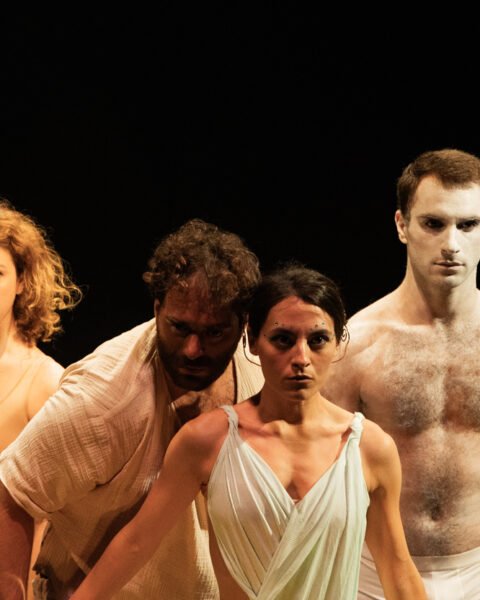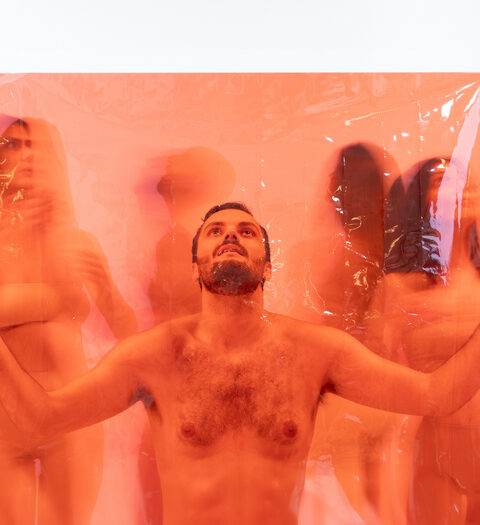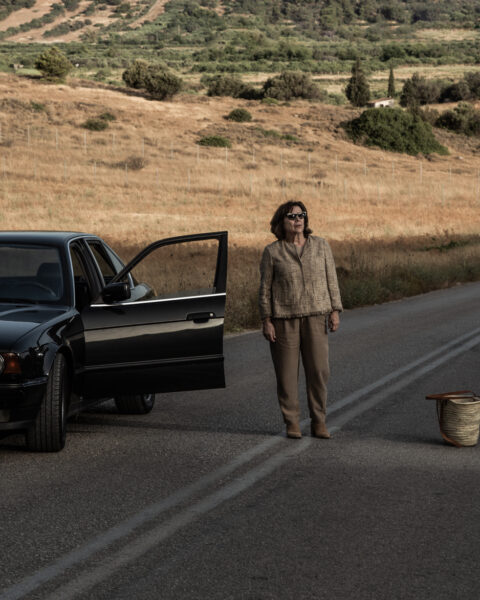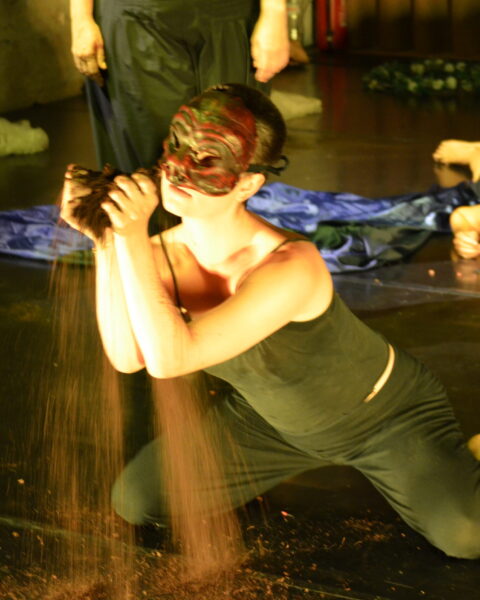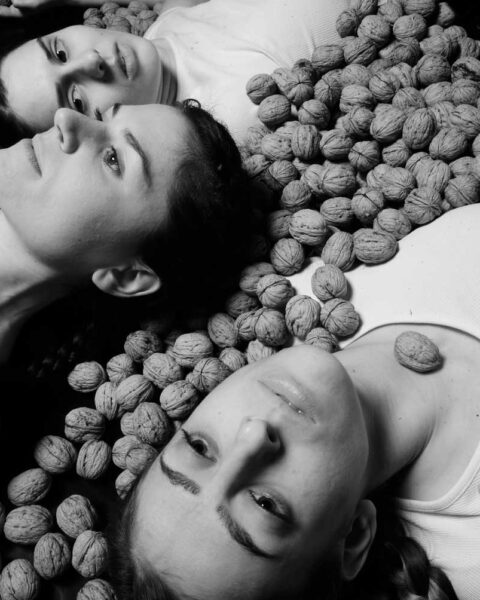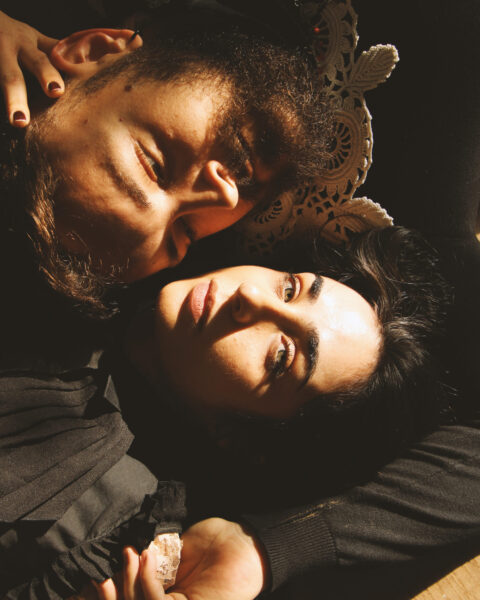Giota Festa meets Giorgos Karamichos at Konstantinou’s “OUTRO”.
Vasilakopoulou | From 5/10 at PLYFA
Konstantinos Vasilakopoulos returns to Greece with the first complete
his work, “OUTRO”. Graduate of the pioneering Academy of Theater and Dance
of Amsterdam, with an apprenticeship with Ivo van Hove and great collaborations in
his asset creates a project about family relationships, diversity, the
hard and intimate truths that kneel under the weight of social “acceptance”
and homogeneity.
“OUTRO” is based on Jean-Luc Lagarce’s play, “Juste la fin du
Monde”, which was later made into a movie (in Greek: “Just the End of the World”)
by Xavier Dolan and won several awards.
OUTRO
Directed by: Konstantinos Vasilakopoulos
In the role of the mother, Iota Festa
Loukas, George Karamichos
Premiere: October 5
In PLYFA
PLOT
I risk without hope.
Nevertheless I decided to go back to see them, to go back to the old days, to march
in my footsteps and make my journey.
Lukas, a writer, returns after many years to his hometown, in one
village in the Greek countryside. He wants to make up for lost time, lost opportunities,
to find the courage to face himself against his family. To
defend his choices, his wants, his identity.
Will fertile ground be created for him to find the redemption he seeks?
“OUTRO” by Konstantinos Vasilakopoulos takes a brave plunge into
dysfunctional family environment. Where the traditional are demystified
gatherings around the same table and the truths with which are revealed
all members fight.
It invites us to reflect: How cruel can we be to others, when
haven’t we done any work on ourselves? And, after all, what is worth in this life? Which ones
priorities? What should we sacrifice and on which altar? They could all were they becoming “otherwise”? And how far we are – individually, but also as a society – from this
“otherwise”?
Director’s note
What role does the artist’s return to the environment that expelled him play? He turns with her
hope that things have changed? He has missed the warmth of his family or
is he just confirming that he is well gone?
Those who have grown up in a closed Greek provincial town, know well what it means to
you dream of escaping from the environment in which you live. An environment like no other
limit of tolerance to diversity, which tries to suppress any natural you
tendency and to put on your ancestral seals and the barriers that dominate
from the guilt of pleasure and set the bar high for social acceptance and
homogeneity.
In “OUTRO” I wanted to create an environment in which the audience could feel
participant. The viewer should reflect on how we have structured our society
reality, not necessarily to embrace the views expressed.
Konstantinos Vasilakopoulos
Basted on “Juste la fin du monde”
του Jean – Luc Lagarce
